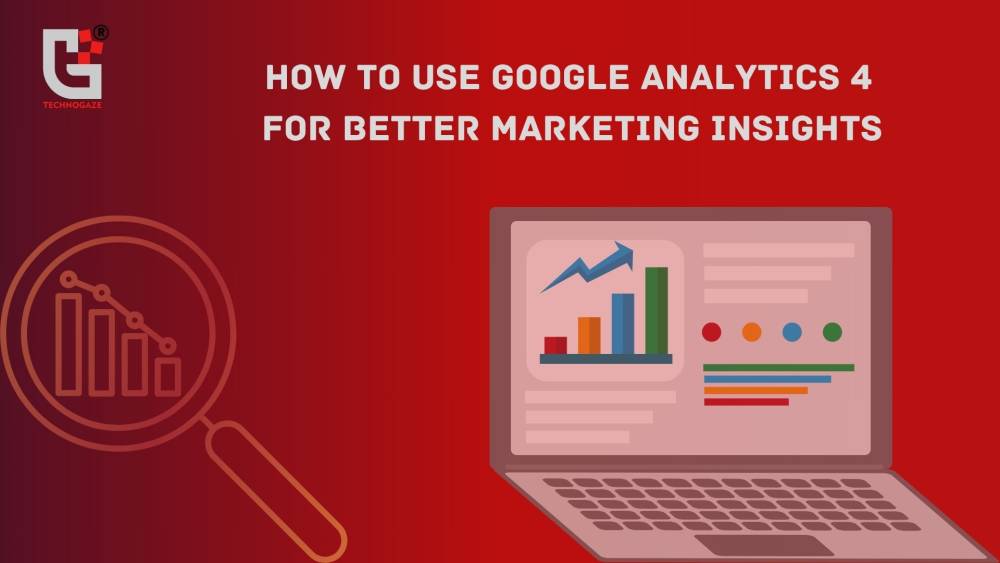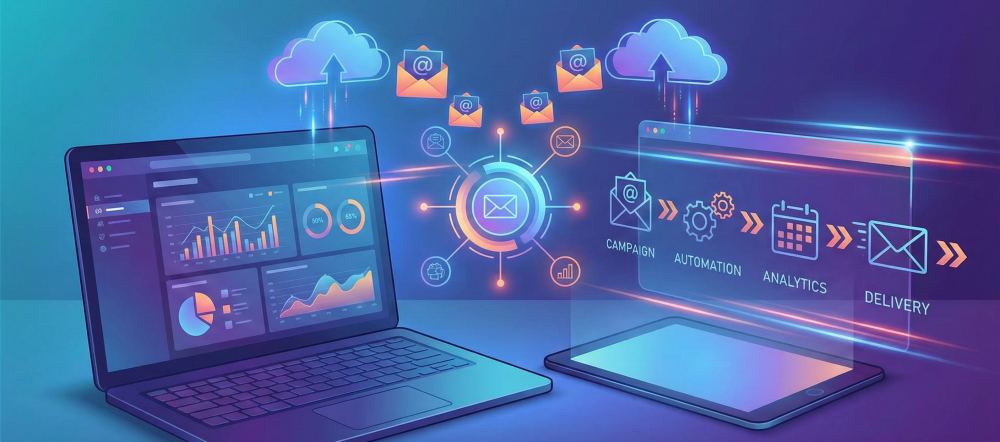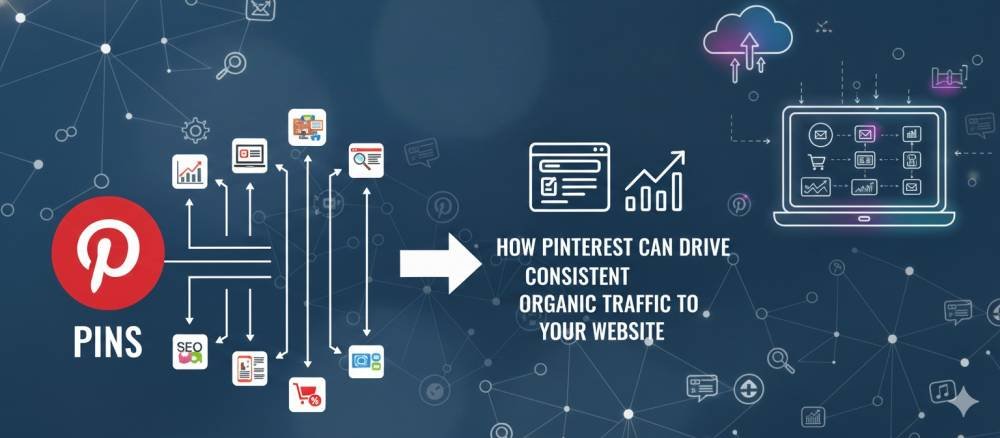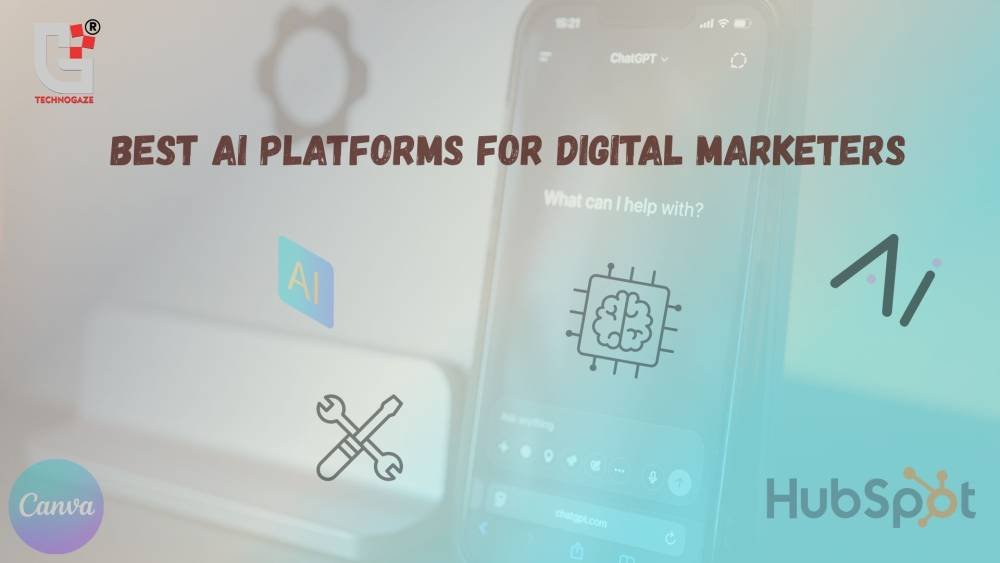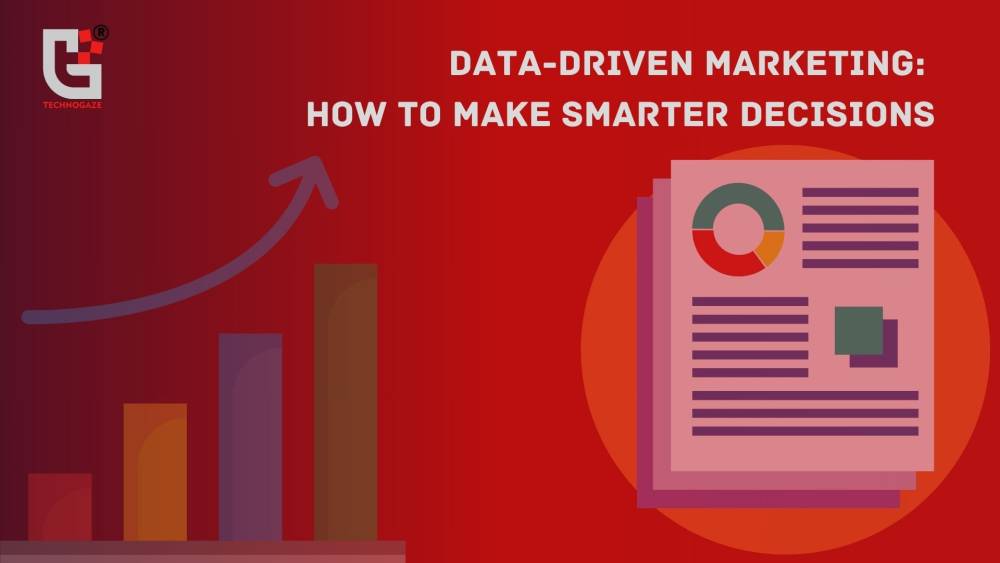
As businesses operate in an increasingly data-centric world, marketing no longer relies on guesswork or gut feelings. In effective marketing campaigns, data plays an important role. Whether it’s search engine optimization, social media strategy, email marketing, or paid ads, digital marketing services are now powered by real-time data that helps businesses make informed, smarter decisions.
Data-driven marketing is the strategic use of data collected through consumer interactions to improve campaign performance and generate better results. The purpose of this approach is simple — to remove uncertainty from marketing decisions and replace it with insights drawn from consumer behavior, preferences, and engagement patterns.
Digital marketing agencies offering services like SEO, PPC, and content marketing now rely heavily on analytics tools. These tools track everything from website visits and bounce rates to conversion paths and engagement times. This data is not just a result on a screen. It tells a story — a story of what your audience wants, what captures their attention, and what convinces them to take action.
The importance of data in digital marketing is undeniable. It helps marketers separate high-performing strategies from ineffective ones. For example, by analyzing data from a Google Ads campaign, marketers can see which keywords deliver the best ROI, what ad copy converts more, and which audience segments are most responsive. This allows to optimize ad spend figures and target the right audience more effectively.
Similarly, in SEO, data plays a key role in shaping strategy. Keyword research, competitor analysis, backlink tracking, and website audits all things are depends on data. Marketers use this information to improve website rankings, increase visibility, and drive organic traffic. Without data, SEO becomes a shot in the dark. With it, every move is calculated for better results.
Social media marketing has also seen a transformation with the rise of data analytics. Platforms like Facebook, Instagram, LinkedIn, and Twitter provide detailed insights into user engagement, demographics, and behavior. These insights help digital marketers tailor their content, timing, and targeting. A post published at the right time with the right messaging can outperform a dozen poorly timed or misaligned posts.
Email marketing, one of the most effective digital channels, depends greatly on data as well. Open rates, click-through rates, bounce rates, and unsubscribe rates offer clear feedback on what resonates with subscribers. This input enables marketers to optimize their subject lines, email content, and call-to-action elements. Personalization based on data increases engagement and builds stronger relationships with customers.
But data-driven marketing is not just about only collecting and analyzing the data. It’s about applying insights to drive smarter decisions. For example, if analytics show that most website conversions happen during weekday evenings, marketers can schedule promotions or launch campaigns during that window for better performance. If a particular blog drives significant traffic from organic search, similar content can be developed to maintain momentum.
Another significant component of data-driven marketing is A/B experimentation or A/B testing in ads. Digital marketing teams often test multiple versions of ads, landing pages, or emails to see which one performs better. The version that drives more conversions becomes the standard. This approach minimizes guesswork and ensures continuous improvement. Over time, small tweaks based on data can result in significant performance gains.
For businesses that invest in digital marketing services, data is a competitive advantage. It helps in budget allocation, campaign planning, content creation, and customer journey mapping. A business that understands its audience through data can tailor its messaging, tone, and design to match the audience’s preferences. This alignment increases trust, enhances brand perception, and ultimately boosts sales.
One of the most valuable advantages of data-driven marketing is personalization. When businesses use customer data wisely, they can deliver content and offers that feel tailor-made. Instead of generic messages, audiences receive targeted communications that address their needs, interests, and pain points. This level of relevance increases engagement and drives better results from every campaign.
Predictive analytics is another valuable tool in the hands of digital marketers. Analyzing previous trends helps marketers make informed predictions about what’s likely to happen next in the market. For example, if past data shows that sales peak during a specific season or event, marketers can prepare campaigns in advance to capture demand. Predictive models also help in identifying high-value customers and nurturing them with personalized experiences.
Effective implementation of data-driven strategies demands appropriate tools and platforms. Google Analytics, Google Search Console, SEMrush, Ahrefs, Facebook Business Manager, HubSpot, and many others provide in-depth analytics and reporting features. These tools help digital marketing professionals understand what’s happening, why it’s happening, and how to improve.
However, it’s essential to collect the right data and respect user privacy. With increasing concerns over data misuse and regulations like GDPR, businesses must be transparent and ethical in their data practices. Consent-based data collection and anonymized analytics ensure compliance while maintaining the quality of insights.
Data should also be centralized for easier analysis and interpretation. Integrating CRM systems, marketing automation tools, and analytics dashboards creates a unified view of customer behavior. This 360-degree view empowers digital marketing agencies to provide more holistic services, aligning campaigns across channels and touchpoints.
Despite the benefits, some businesses still underutilize data in their marketing strategies. Often, this is due to a lack of understanding, resources, or proper infrastructure. But investing in data literacy and digital tools pays off in the long run. As competition grows and audience expectations rise, businesses that ignore data risk falling behind.
Adaptability is one of the biggest advantages in data-driven marketing. Market conditions change. Customer preferences evolve. Platforms introduce new features and algorithms. A data-driven approach helps marketers stay agile. It allows them to setup strategies quickly, respond to new insights, and capitalize on emerging opportunities.
For example, if a sudden drop in website traffic is detected, data can help identify whether the cause is technical (site speed, broken links), content-related (low-quality pages), or external (algorithm updates, lost backlinks). Without data, these issues might go unnoticed or take longer to diagnose. With data, the resolution is faster and more effective.
Ultimately, data-driven marketing is about working smarter, not harder. It empowers digital marketers to make informed decisions that lead to measurable outcomes. Whether it’s increasing website traffic, generating qualified leads, improving conversion rates, or boosting brand awareness, data helps make every effort count.
In conclusion, digital marketing services driven by data are no longer optional — they are necessary now a days. Businesses that embrace data as the foundation of their marketing strategy are more likely to achieve long-term success. They understand their audience better, allocate resources wisely, and continually optimize their efforts for maximum impact. In a digital world where attention is scarce and competition is fierce, data is the key to smarter, more effective marketing decisions.
Latest Posts
-
1
How a Social Media Marketing Agency Helps You Get Real Leads
February 13, 2026 -
2
-
3
Best Email Marketing Services in India: A Practical Comparison
January 20, 2026 -
4
How Pinterest Can Drive Consistent Organic Traffic to Your Website
January 19, 2026 -
5December 20, 2025



